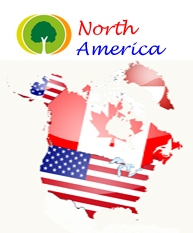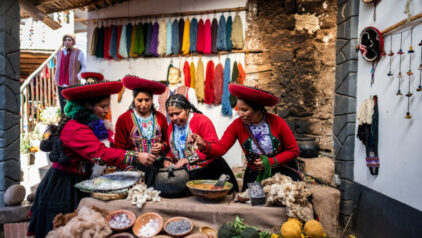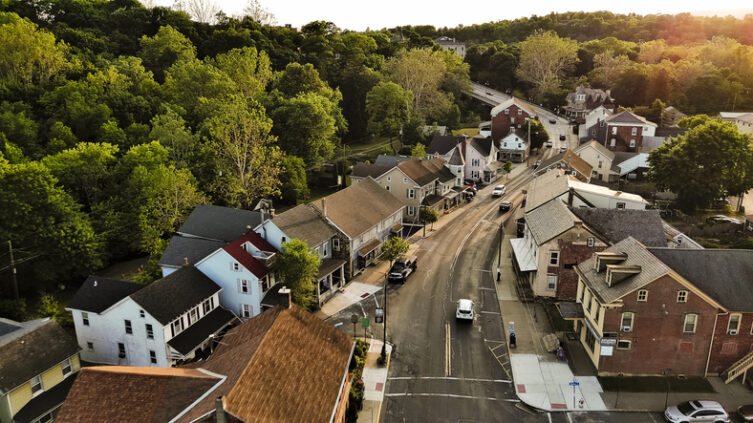

This week’s edition includes expansion of a digital newspaper archive, new and updated FamilySearch records, African immigration to Nova Scotia, classes, seminars and more.
ProQuest, considered the world’s largest digital newspaper archive, is expanding its Historical Newspapers collection. It is accessible for free at most US public libraries.
The newest offerings are historic American Jewish and regional newspapers dating from 1841 and covering Boston, the Ohio Valley and New York City, offering primary resources for researchers.
The papers include The Jewish Advocate (the oldest continuously-circulating Jewish newspaper in the US, a Boston-based weekly) and The American Hebrew/Jewish Messenger (from 1857, covering events before and during the Civil War). Later this year, the Jewish Exponent (1887-1990, Philadelphia) will be added, as well as the Jerusalem Post (1932-1988).
Regional coverage will expand with Newsday (1940-1984, mainly covering Long Island, NY), and the Cincinnati Enquirer (1841-1922, Ohio River Valley)
ProQuestHistorical Newspapers™ began with digital archives of a handful of major American newspapers and has grown to encompass more than 20 dailies from around the world. Collections such as Historical Black Newspapers™ and the growing number of regional papers enable researchers to conduct deep dives on specific topics and also to compare multiple perspectives of the same events. The archive is continually growing and now encompasses more than 30 million pages.
The ProQuest platform allows researchers to share, create and collaborate. Check with your local library to see if it subscribes. I know my library does. For more information, visit ProQuest.com.
Just in time for the collection is a free podcast– available on iTunes – by Lisa Louise Cooke, offered by Family Tree Magazine and focusing on tips for searching old newspapers online, finding historic books on the Web and more. Don’t know what a podcast is? Click here for Lisa’s podcast primer.
Looking for more records?
FamilySearch.org adds records every day – or so it seems.
Recent updates and additions include records from North America (US, Canada), as well as Mexico, Honduras, Chile, Estonia, Poland, Czech Republic, Austria, Spain, Australia and South Africa. Among the updated US collections are records from Arkansas, Georgia, North Carolina, Idaho, Illinois, Indiana, Ohio, Oregon, Tennessee, Utah and Washington State.
Record groups include probate files, land and property, marriage, naturalizations, births, marriages and deaths, as well as Civil War records including Confederate soldiers’ records, pardon applications, pension files for widows and veterans and more.
In fact, my local genealogy society (Sandoval County Genealogical Society, New Mexico) offered a presentation on FamilySearch at our meeting yesterday. It’s very simple to find the new and updated records. Go to FamilySearch.org and click – on the right – “Last Updated.” This will provide a list of the recent updates by calendar date. Very simple and very interesting.
As explained by presenter Christine Mueller, not all records are indexed. Family Search’s plan is to get digital document images online as soon as possible, before indexing takes place. They are always looking for volunteers to assist with those indexing projects.
News from Canada
— The Canada Gazette (1841-1997) is now online, in commemoration of the publication’s 170th anniversary. It is often referred to as “the official newspaper of the Government of Canada.” The database is searchable by keyword but not by surname. To read more about this, check the Genealogy Canada blog.
— The Nova Scotia Archives has designated 2011 as the United Nations International Year for People of African Descent, and added a new online archival resource to existing virtual exhibits on African Nova Scotians.
More than 500 digitized and fully searchable government documents relating to early African Nova Scotian immigration and emigration are now online.
Likely assembled in the 1880s, the earliest documents focus on the 1792 emigration to Sierra Leone of some 1,200 free black people, who had come to Nova Scotia as part of the Loyalist migration at the close of the American Revolutionary War in 1783.
Documents focus primarily on the settlement of 2,000 Black Refugees in Nova Scotia from September 1813 through August 1816. For more information, click the link above.
— Canada will build a National Holocaust Monument in the National Capitol Region (Ottawa-Gatineau). The press release, reads in part:
“it will bring Canadians of all faiths together to remember the millions of innocent men, women and children counted among its victims. The Monument will help ensure the memory of the Holocaust is never lost. The hope is that by teaching current and future generations of Canadians the roots and causes of this atrocity, future acts of genocide will be prevented.”
For more information on Holocaust Education, Remembrance and Research in Canada, click here.
Classes and Seminars
— Minnesota: An historian at the Ballinstadt Emigration Museum in Hamburg, Germany will be in the Minneapolis-St. Paul area to present several programs. Rebekka Geitner will present “Emigration and Public History: The View from Hamburg” from noon-1.30pm on Monday, October 24, at the University of Minnesota’s Anderson Library. For more information on the free program, click here.
— Utah: The Riverton FamilySearch Library (southwest Salt Lake Valley) holds monthly seminars, attracting more than 400 attendees. The next is set for 9am-noon, on Saturday, October 15. Sessions include making Google work for you, where the pros search online, Scottish ancestry, New England research, how to write your personal history and more. For more information, click here.
There will also be three free October classes at the Family History Library in Salt Lake City. Saturday, October 8: US Immigration Research; Saturday, October 15: Hispanic Research; and Saturday, October 22: Wales Research Peculiarities. For more information, click here.
— Toronto, Canada: The Toronto Genealogical Society has added Hands-on Early Ontario Land Records Course to their program. The three-session class will offer an introduction to the land grant process, main types of land records and how to use the collections at the Archives of Toronto to document an ancestor’s land records. Sessions are from 5.30-7.30pm on Tuesdays, October 18, 25 and November 1. For information on requirements, registration, fee and other courses, click here.
Last, but definitely not least, is Thomas MacEntee’s weekly post at Geneabloggers.com on the new genealogy blogs he has discovered. The last two “new blogs” postings provided another 20 in diverse categories, added to the already more than 2,000 blogs on his list. Find one specializing in your ancestral country, state or town, surname, ethnicity or a general topic of interest to your research and many more.
Have you used the resources we’ve pointed you to? What have you discovered? Share your opinions and views with us via the comment form below. We look forward to reading about your experiences.










